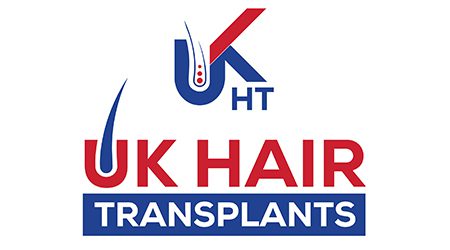Hair Transplant Frequently asked questions
Welcome to the ultimate resource for all your hair transplant questions and concerns. Whether you are considering a procedure or simply curious about how it works, you’re in the right place. Here, we aim to address the most common inquiries with clarity and precision, ensuring you have all the information you need to make an informed decision. After all, understanding the process is the first step towards restoring not just hair, but confidence too.
If you have any additional questions or concerns about hair transplant surgery, please do not hesitate to contact us.
What is a hair transplant?
Am I a good candidate for a hair transplant?
How much do hair transplants cost?
Do hair transplants work?
Yes, hair transplants are proven to be effective. Innovative and state-of-the-art techniques like Follicular Unit Transplantation (FUT) and Follicular Unit Extraction (FUE) enable surgeons to deliver natural-looking results by carefully spacing grafts across the scalp.
Will my new hair look natural?
Absolutely. Advances in hair transplant techniques since the 1950s have led to significant improvements. When performed by an experienced surgeon, methods such as FUT ensure your transplanted hair looks as natural as possible.
How long is the recovery period after a hair transplant?
Generally, the recovery period is quite brief, with most individuals returning to work within a few days. You might experience some redness or scabbing, but these symptoms typically resolve within a week. Our dedicated team will provide you with post-operative care instructions to ensure a smooth recovery process.
Are hair transplants permanent?
What techniques are used during the hair transplant procedure?
When can I expect to see results?
Will I need multiple hair transplant sessions?
How do I book a consultation for a hair transplant?
You can easily book a consultation by visiting our booking page. Simply fill out the form with your details, and our team will get in touch to confirm your appointment.
Is there a fee for booking a consultation?
Can I choose my preferred date and time for the consultation?
How will I know if my booking is confirmed?
What if I need to reschedule my appointment?
Want to know more?
Take A Look At Our In-Depth Blog Articles
We at UK Hair Transplants (UKHT) are proud to offer an advanced form of Platelet-Rich Plasma (PRP) therapy—Growth Factor Nutrient...
Considering a hair transplant can be a significant decision, often filled with questions and uncertainty. Are you wondering if you’re...
Hair loss is a common predicament many face, yet finding the right solution can feel like navigating a labyrinth. Between...
Thinking about opting for hair implants? You’re not alone. Men’s hair implants have become a popular choice for those seeking...
Are you considering hair transplantation in the UK? You’re not alone. Thousands of people, just like you, turn to hair...
Have you ever looked in the mirror and wished for a thicker, fuller hairline? You’re not alone. Many people find...






